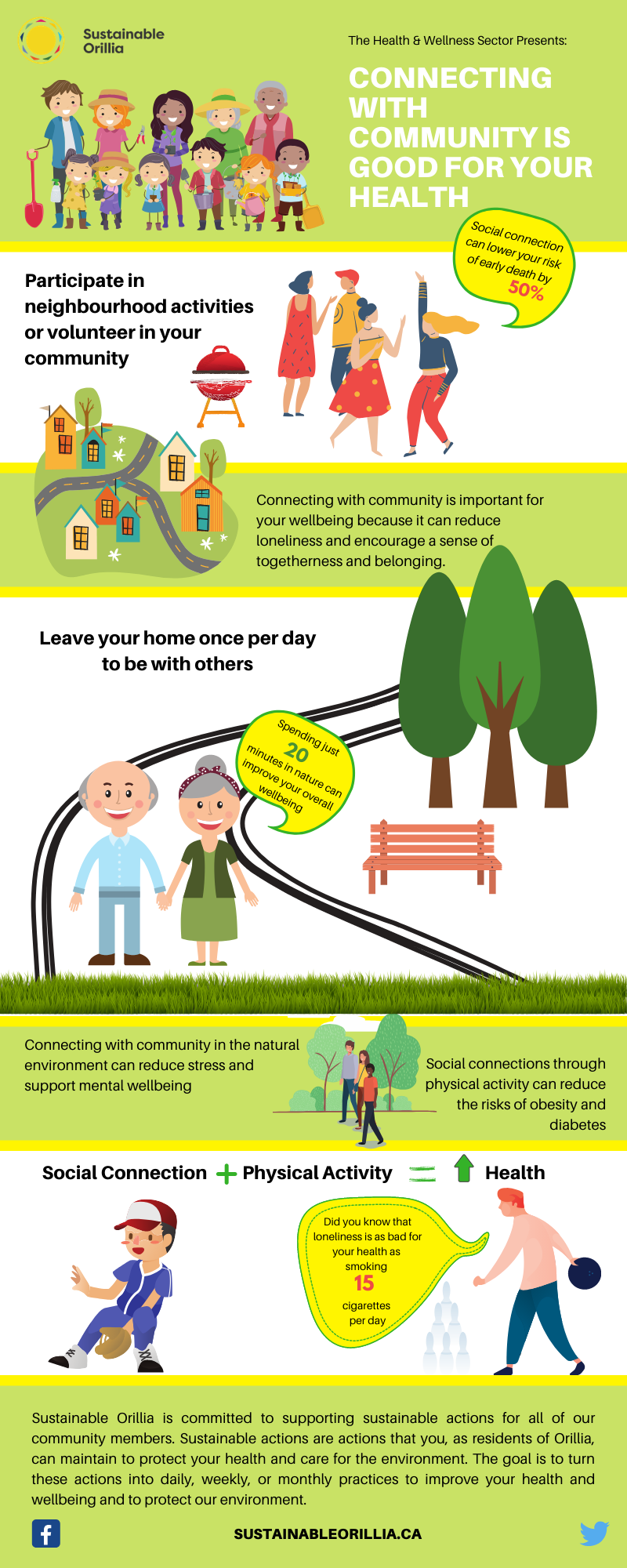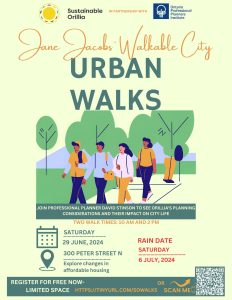“If civilization is to survive, it must live on the interest, not the capital of (the Earth’s resources).”
With that simple sentence, Canadian author Ronald Wright in his brilliant A Short History of Progress captures the entire dilemma of sustainability. We are facing the challenge of maintaining fulfilling lives now without sacrificing our children’s and grandchildren’s ability to live their own fulfilling lives.
The Earth’s resources Wright reviews include not only those providing fuel for our daily lives (gas, oil, coal, uranium, etc.) and those driving industry (iron, copper, nickel, etc.), but also the ones that are even more essential for survival – clean air, adequate and drinkable water, and fertile land.
In his book Wright surveys several societies over past millennia which were advanced and sophisticated in their day, but which failed to recognize the dilemma of their declining sustainability. Like us, they needed to respond with wisdom and determination to the challenge of sustainability. However, those previous societies, although complex and organized at the time, failed to meet that challenge and so collapsed.
In Canada we can look around and see the hidden contradictions of progress. On one hand, here and in many countries, it’s clear our lives have improved dramatically over the past century. We live longer, our homes are larger and we have many aids from cars to computers and more that make our lives much easier.
But more and more, we are beginning to see there comes a cost and a risk to the generations that follow us if we cannot manage our lives, our industries and our enjoyments in ways that respect our global neighbours and protect Earth’s resources. A hundred years ago Canadians faced health issues such as inadequate nutrition, over-crowded housing, and tuberculosis. Today we face new and different health issues: more inhaled particulate matter at ground level (from hydrocarbon combustion); ever-increasing dispersal of chemicals in the food, water and air; and signs of a more disjointed society with more social isolation, homelessness and addiction.
Author Wright, who provides the stepping-off point of this piece, concluded his thought with, “Now is our chance to get the future right.” Isn’t that what all of us really want?





